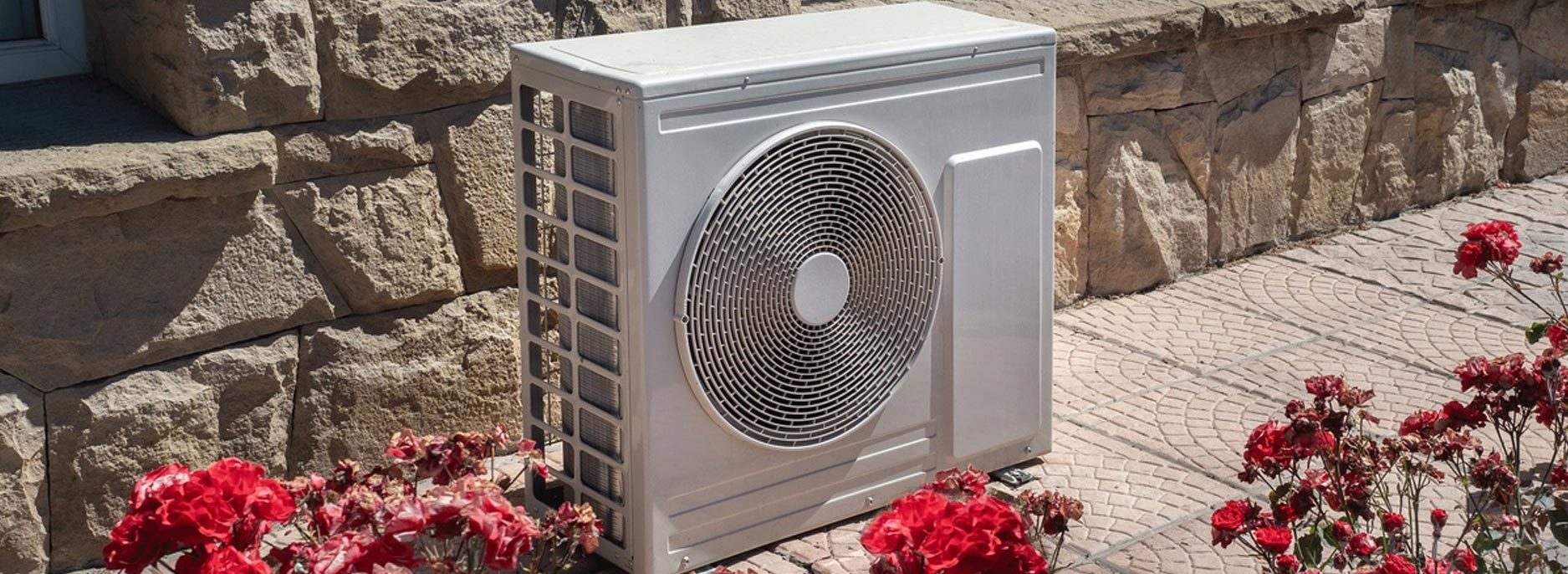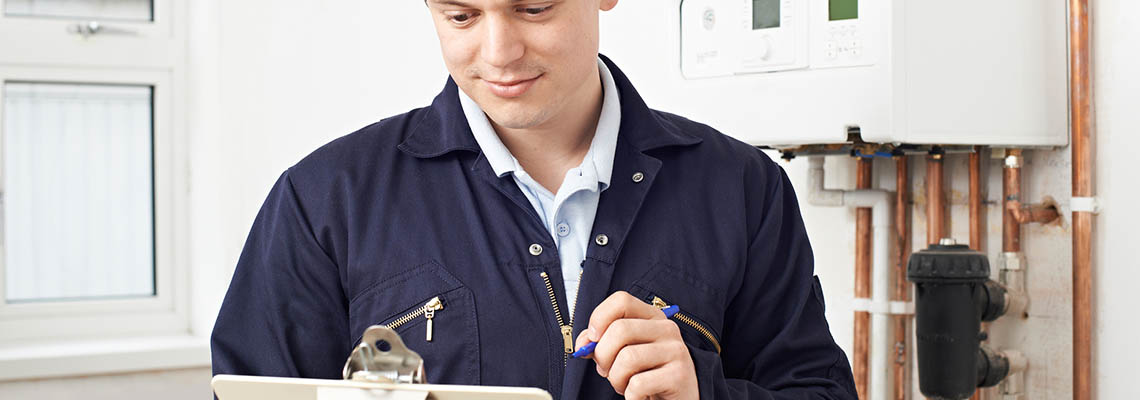It’s never been more important to install heating systems to perform as efficiently as possible. Increasing the efficiency of heating systems across the UK will not only save homeowners money but also help to lower carbon emissions.
These tips will help with making future installations achieve maximum efficiency.
Why is heating system efficiency important?
The UK has set a target of achieving net zero carbon emissions by 2050. To achieve this, huge strides must be made in several sectors, including transport, food and space heating.
By installing an efficient heating system into the properties of your customers they could also see their heating bills drop. And that could see them hire you time and time again.
Increasing heating system efficiency
Ensuring that the heating system suits the demands of the property will help to keep the homeowner’s costs to a minimum while also helping to reduce carbon emissions.
Insulation, insulation, insulation
Without sufficient insulation, the heat produced by a heating system will easily be able to make its way out of the property. Resulting in the heating being on for longer periods of time and more carbon being emitted into the atmosphere.
Many parts of a property can be insulated and depending on the property type they could benefit from any of the following:
- Loft
- Cavity wall
- Floor
- Double glazing
An output that suits demand
The Energy Saving Trust states that the average UK home only needs 6 kW of heat to stay warm on a cold day. Despite this, a large number of the boilers installed have an output rating that’s too big.
And when it comes to replacing these boilers, the simplest option is a like-for-like replacement. Which means that the problem isn’t being solved. Especially if the demand for heat has gone down since the last boiler was installed.
A boiler with an output that’s too high is not only going to be a more expensive option but will cost more in the long term by increasing heating bills. This is due to the boiler cycling on and off more often meaning that it’s using up more energy.
As an installer, it’s often seen as a better idea to fit a boiler that’s too big rather than too small. If the new boiler is too small and fails to meet demand then the customer isn’t going to be too pleased.
So, what can we do about boiler oversizing? Well, we could start by ditching the ‘bigger is better’ rule of thumb. Secondly, when replacing a boiler, evaluate the insulation of the property and demand for heating yourself rather than carrying out a like-for-like replacement.
Hot water cylinder efficiency
Hot water cylinders are installed in over 11 million UK homes but the role they play in the efficiency of the heating system can often be overlooked.
The first thing to get right when installing a hot water cylinder is the sizing. As with boiler replacement, it’s not always a good idea to make an identical replacement. After all, the demand for hot water in that property may have changed since the existing cylinder was installed.
Then there’s insulation. Not only important for the property itself but also the cylinder. Sufficiently insulating the cylinder will keep the water warmer for longer without the system having to work so hard. Pipe insulation can be particularly important too especially in areas such as the loft where they can be susceptible to freezing.
A note on cylinder efficiency ratings
Hot water cylinders now have an ErP efficiency label which includes a rating from A to G. While this information is important, you should also look at the manufacturer literature too as the ErP rating can be misleading.
This is because direct electric unvented cylinders, more often than not, receive a C-rating. The low rating comes as a result of electricity being considered a carbon intensive fuel as the production often involves burning fossil fuels. However, renewables are becoming responsible for more and more electricity generation.
As a result, direct electric unvented cylinders will have a lower ErP rating than indirectly heated cylinders.
Heat loss calculation
For a heating system to deliver maximum efficiency, a heat loss calculation must be carried out. To accurately calculate the heat loss of a room, you will need the following information:
- Length, width and height of the room
- Window area
- Number of outside walls
- Type of walls (brick cavity)
- Type of window frames (timber, uPVC etc.)
You will also need to take a temperature reading on the inside and outside of a wall. That’s the temperature of the surfaces rather than the air temperature either side of the wall.
There are several heat loss calculators available which give the results in watts or British Thermal Units (BTUs).
If you’re looking to calculate heat loss for a whole building, you’ll need to split the property into multiple areas. Each of these areas needs to be made of the same materials.
The benefits of deaeration
Air in the heating system can lead to a number of heating system problems – most commonly cold spots on radiators. And with these problems comes a drop in efficiency. To combat the issue of air in the system, a deaerator can be fitted to the system.
A deaerator should be where the hot water leaves the boiler as it’s the hottest part of the heating system. They work by separating bubbles of air – large and small – from the water before removing them from the heating system altogether.
Removing air in the heating system from the installation of a new boiler will reduce the chances of problems occurring and increase efficiency.
Advice to offer the customer
For a heating system to perform at its most efficient then it needs to be used efficiently. So spending some time talking the homeowner through their new heating system and how to get the most out of it can go a long way to ensuring efficient performance.
Setting the central heating to a higher temperature will result in higher costs for the homeowner. Recommending that they turn the thermostat down by even a single degree can help massively.
Likewise, having the heating on for a longer period of time will also increase costs. Restricting schedules on the thermostat can resolve this but if it comes at the cost of reduced comfort, the level of insulation might not be adequate.
If the insulation in their property could be improved then it’s worth mentioning the Green Homes Grant. With a Green Homes Grant, they could receive up to £5,000 to cover the costs of improving the insulation of their property. The scheme is available until March 2021 and if you’re interested in carrying out work under the scheme then find out what you need to do in our Green Homes Grant Guide for Renewable Installers.
Connect with customers looking for an efficient heating system
Our Boiler Guide site is visited by homeowners looking to increase the efficiency of their heating system on a daily basis. Many of these homeowners go on to ask us to connect them with local heating engineers. And you could be one of those heating engineers.
It’s completely free to sign-up to our service and there are no hidden subscription or membership fees along the way. You only ever pay for the jobs you want.





